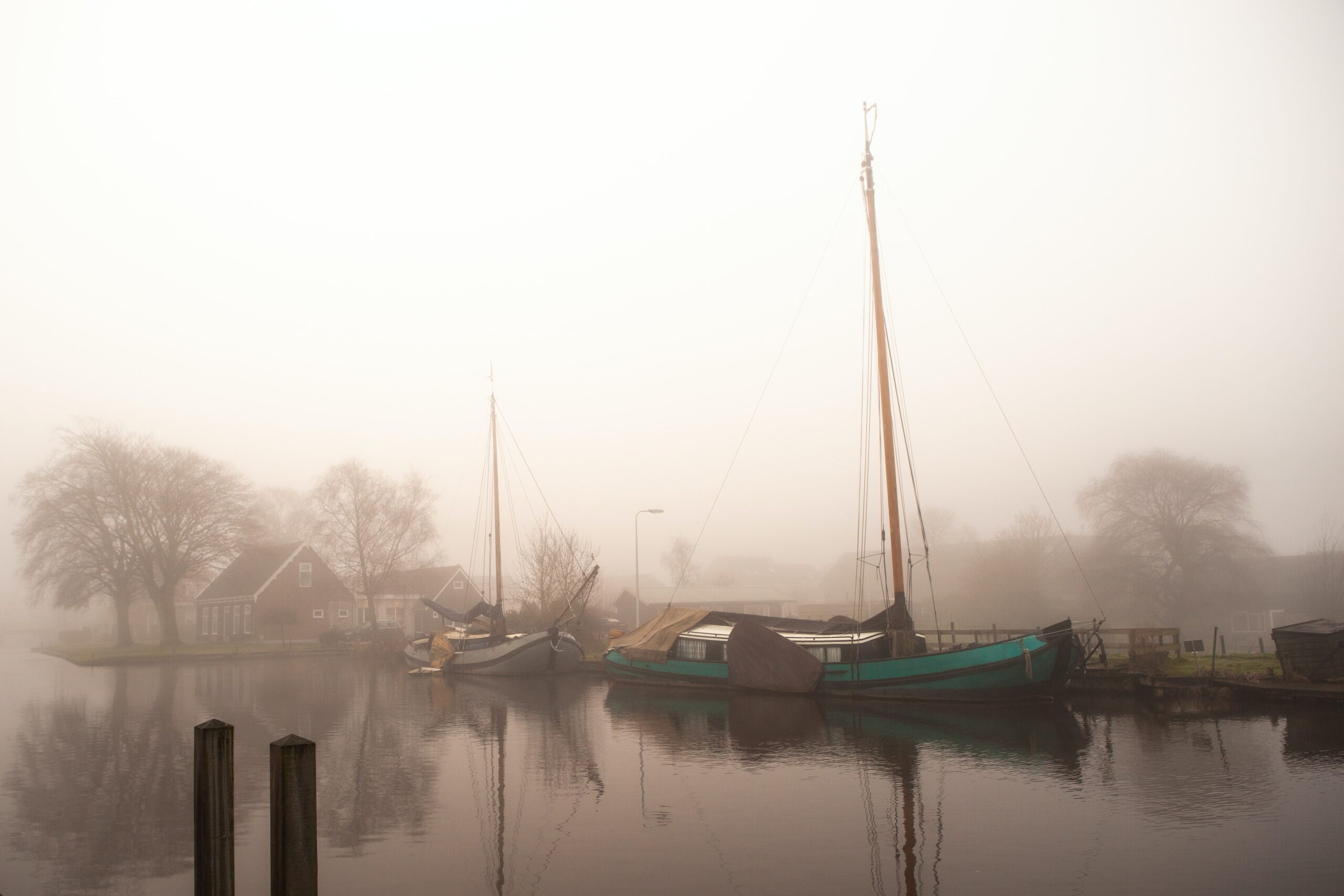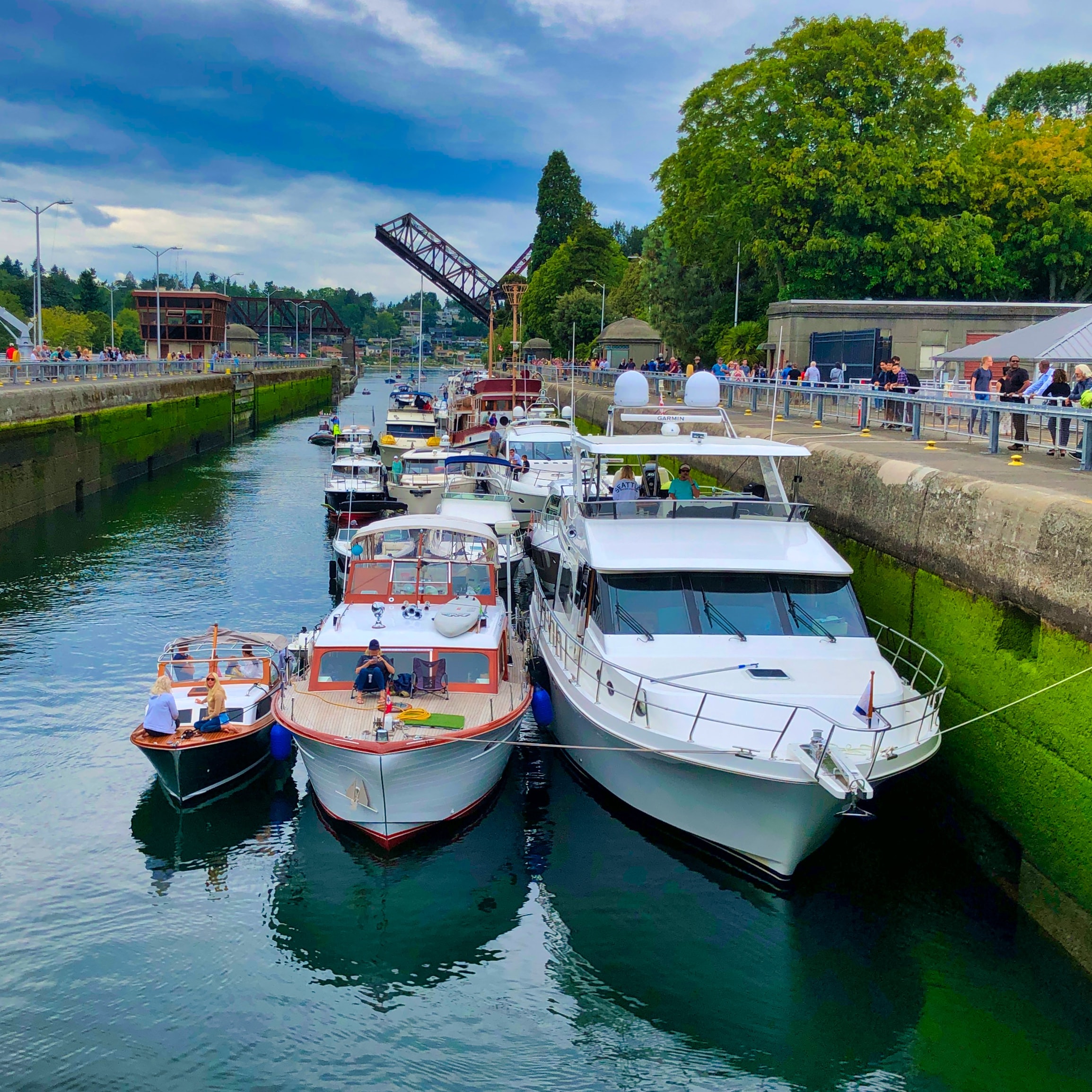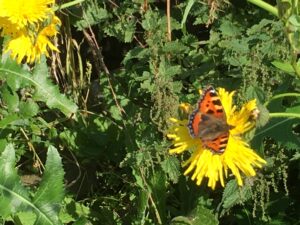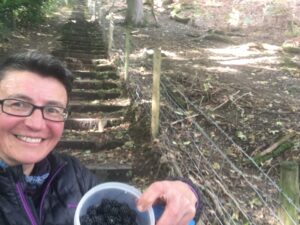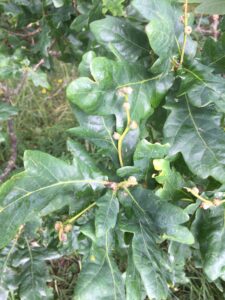Well Now Explorer January 2021
Live zoom session Mondays 7:00 – 8.30pm GMT https://us02web.zoom.us/j/85804373584
Meeting ID: 858 0437 3584 Passcode: 078019
Welcome! Here’s a few thoughts about how the course is designed, and why, before you get going.
What you can bring to an online course at the moment will be shaped by all the uncertainties and risks of living with Covid. Please pace yourself. It’s fine to do as much or as little as feels right just now.
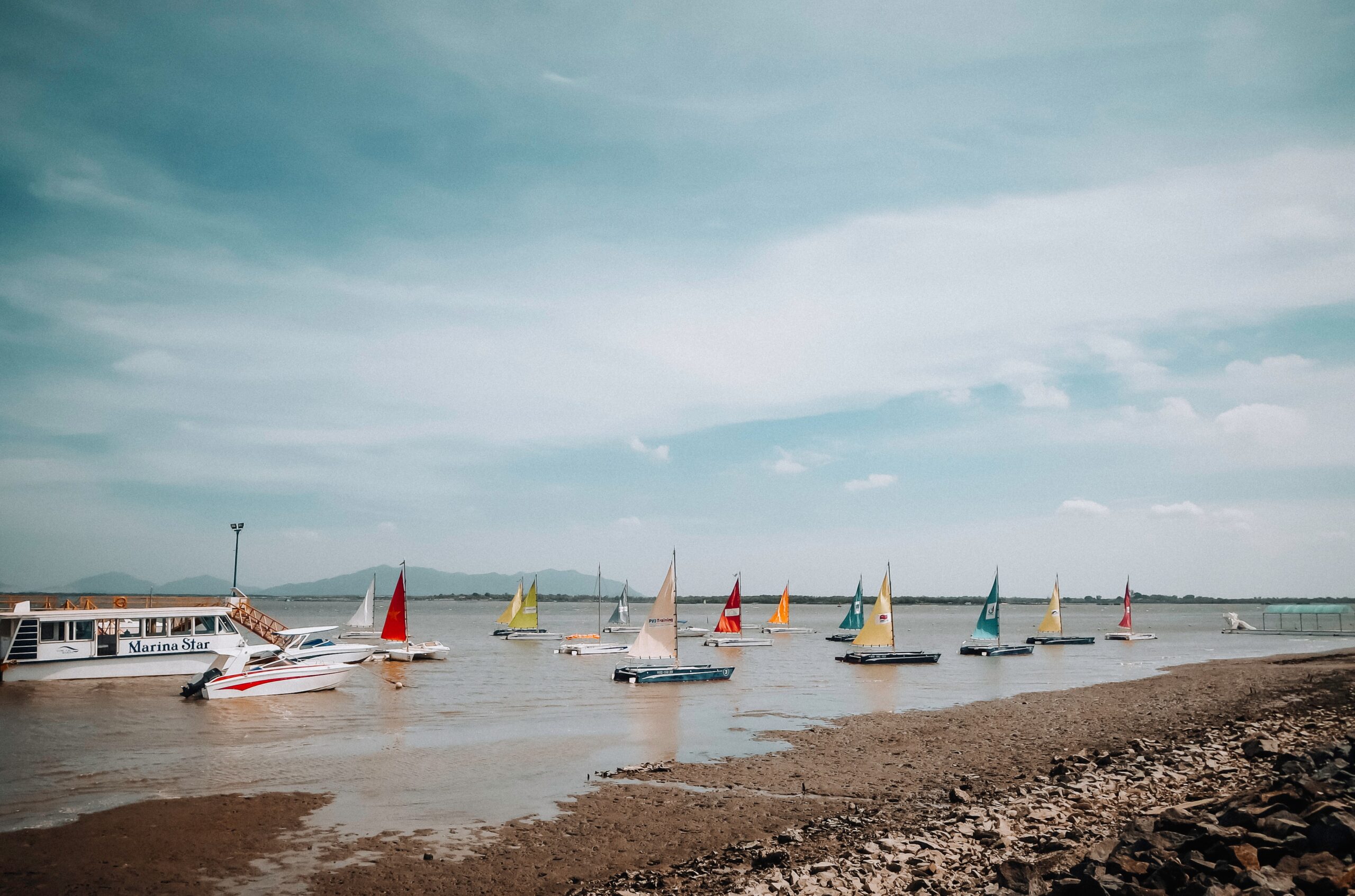
You are the captain of your own Learning ship, you can cruise or paddle or be full steam ahead! If the lessons are confusing or the words are unfamiliar please let me know so I can explain things a different way.
Activity One
Setting the Scene
Why are you here? Ok, I know that’s a big question! You can certainly include deep existential refections if you like, of course you can! And also, if you want a more contained entry point you can reframe the question to ask yourself “why am I doing this course?” “what do I hope for?” “what topics do I want to explore?” “is there anything that I want explained?” “why now?” And a useful overall question is to think about what would you like to be different when the course closes. I have listed these questions here for anyone keeping a file.
You might also like to think about what you bring to your own learning and to the group. What are your passions, values, experiences? Your hopes, errors, confusions?
What makes a great learning community? What does this mean for how you want to engage and what you’re looking for from me and other learners?
Setting the scene for yourself like this helps the learning sink in. We have prepared our body to know and the learning is more likely to “sink in” rather than being something we mainly understand only in our head.
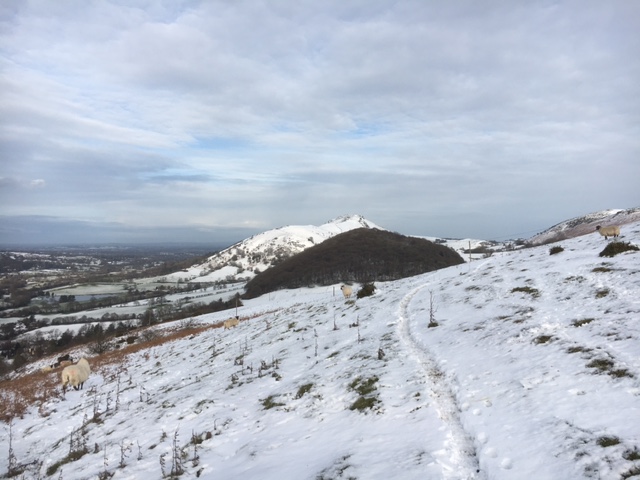
You might also like to set the scene by noting where you are physically (town, type of room etc), and the season or date. Locating ourselves in time and place like this is a useful practice to develop. This is because it challenges the idea of knowledge as something that is “out there” and abstract. In fact, knowledge always emerges from particular people in a particular time and place. Becoming more aware of this helps us to question ideas we used to take for granted. It also helps us learn to trust ourselves.
I am writing this from my flat in snowy Church Stretton, shown in the picture. It’s January 2021 and here in England we have just entered another strict lockdown.
Just a reminder before we start the guided activities that if a topic feels triggering you might decide to skip it, and that’s fine.
Activity Two
What do you know about dieting?
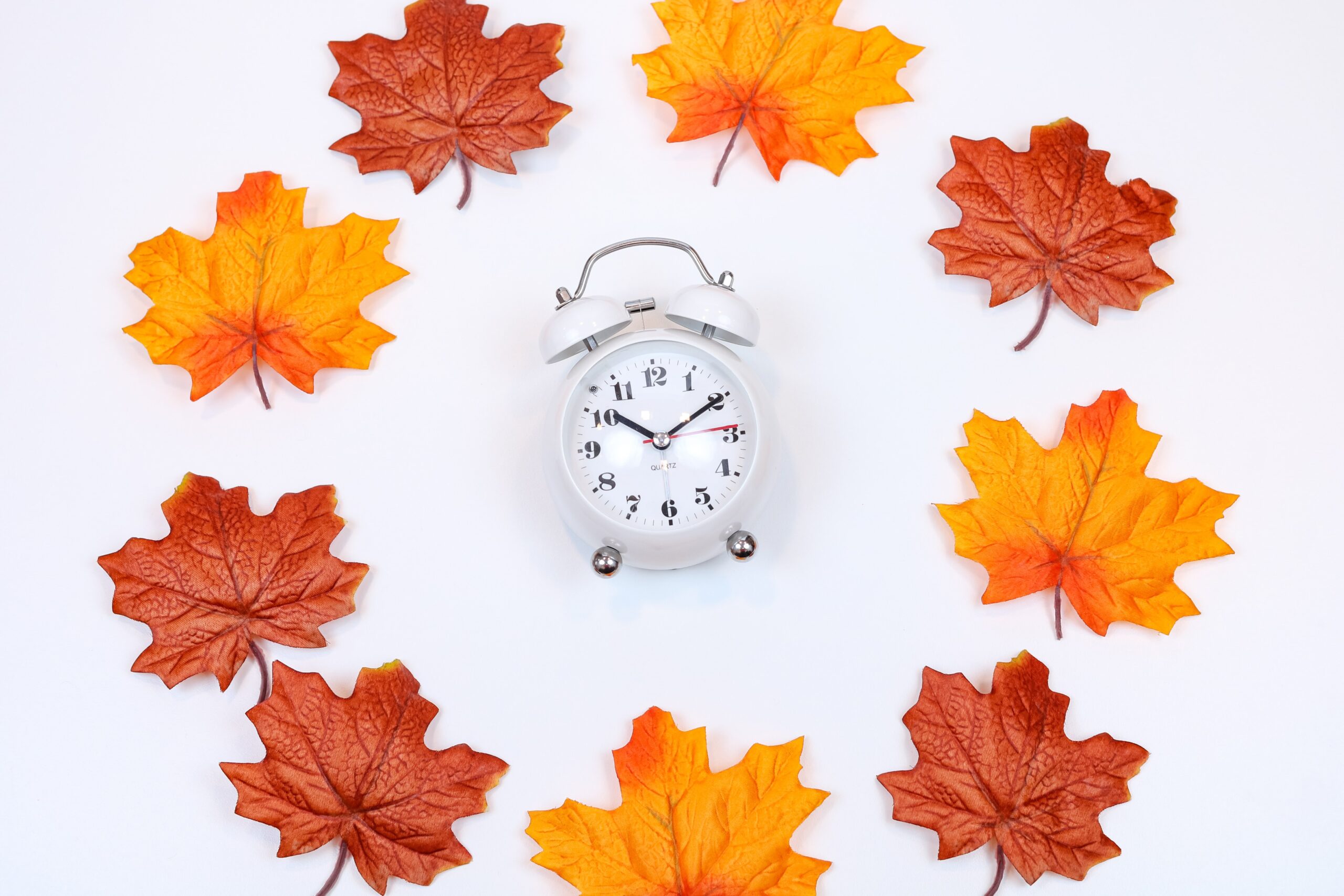
Some questions to consider are:
- why do people (you) diet/restrict food choice? what is the hope and goal?
- how do personal reasons link to social factors?
- what happens to start with? how do you feel?
- what are longer term outcomes? how do you feel?
- what are the benefits of dieting from you own experience ?
- what are the benefits of dieting according to public health messages?
- what is hard about being on a diet?
- are there any discrepancies between what actually happens with diets and what public health seems to be saying should happen? if so, why do you think this is?
- where does science fit into all this?
As you are exploring ideas and memories, you might also like to notice any ways in which thinking impacts how you feel in your body (or how thoughts impact felts).
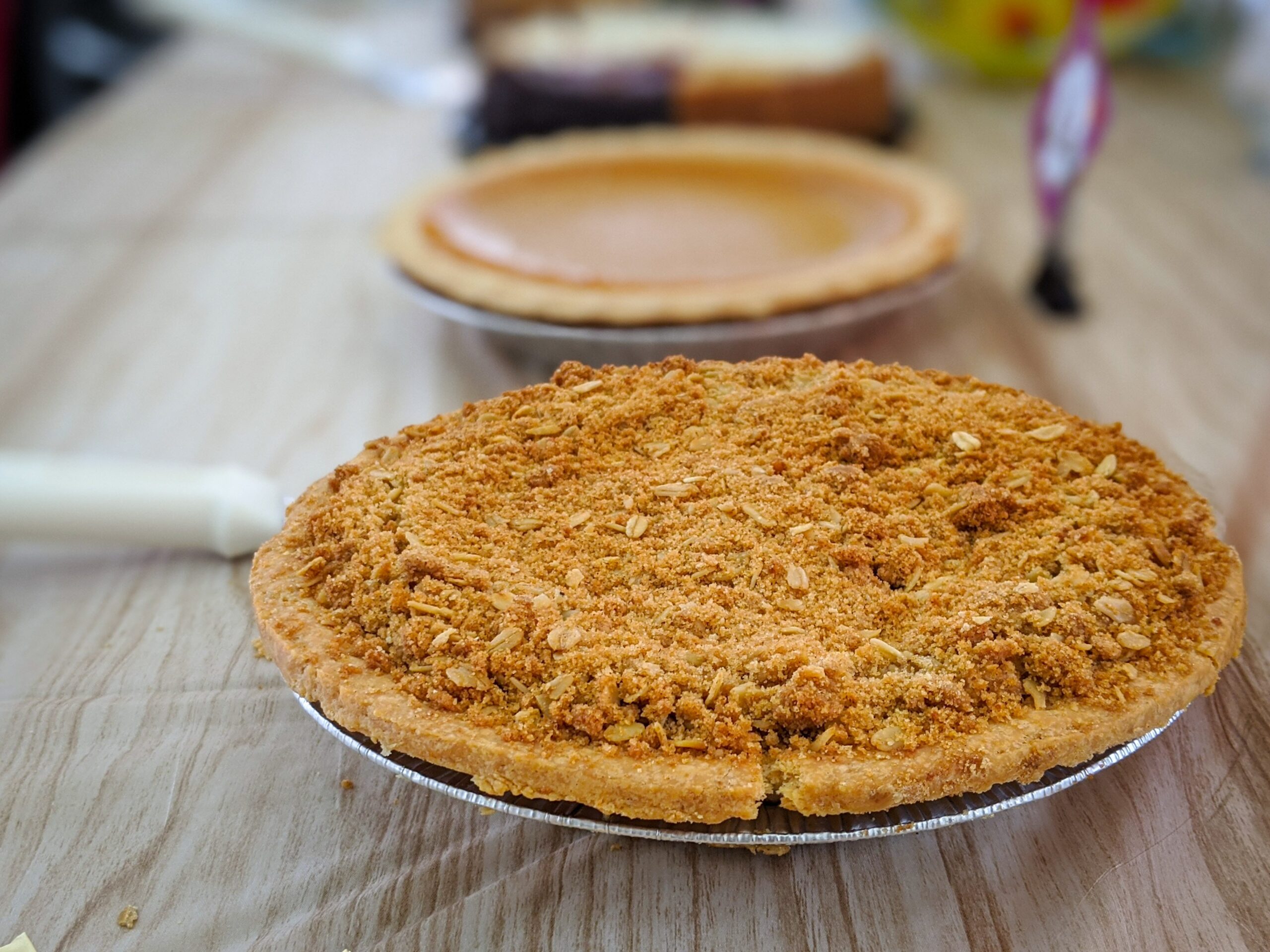
Activity Three
Making Space
Do you know Mary Oliver’s poetry? The poem she’s reading here, Wild Geese, reminds us that we belong “to the family of things”.
Listen out her iconic phrase “the soft animal of your body” too.
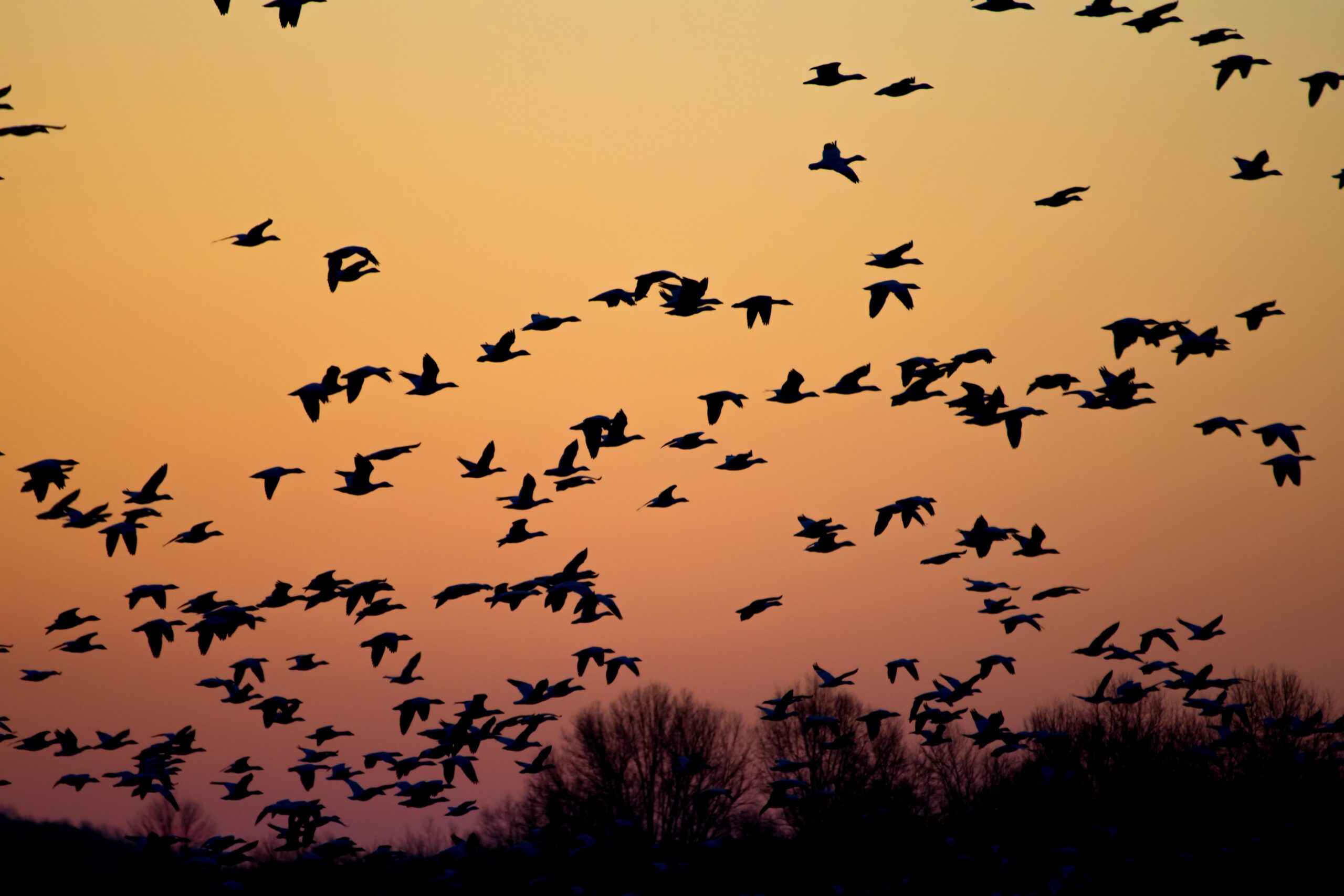
Activity Four
What On Earth is WOLAR? A Public Service Announcement
Activity Five
What Can We Learn from the Research on Attempted Dieting?
Background
We’re not quite done with dieting yet. It is important that we give it time as the attitudes and beliefs are so widespread that they seem normal.
Questioning them can feel uncomfortable because we are questioning a whole culture. In a world of diet logic our body is on autopilot to feel at ease with ideas that support dieting. This makes it easy for us to agree with information that shows dieting isn’t a great idea, and then in the next instance plan a diet. It’s like our body hasn’t caught up with what we know intellectually.
Approaching new ideas in different ways helps us make sense – in our bodies and minds – of what we are learning. If we go too quickly the new learning doesn’t ‘stick’ because we only know it in our head but we haven’t processed the adjustments emotionally or in our body.
I’m not saying that facts instantly change how we feel, but they do shape how we feel. Many people have spent a long time believing faulty ‘facts’ about diets. This leads to blame, shame, and a sense of failure. Revisiting those faulty facts doesn’t mean people stop wanting to be thin, but it can mean they stop beating themselves up.
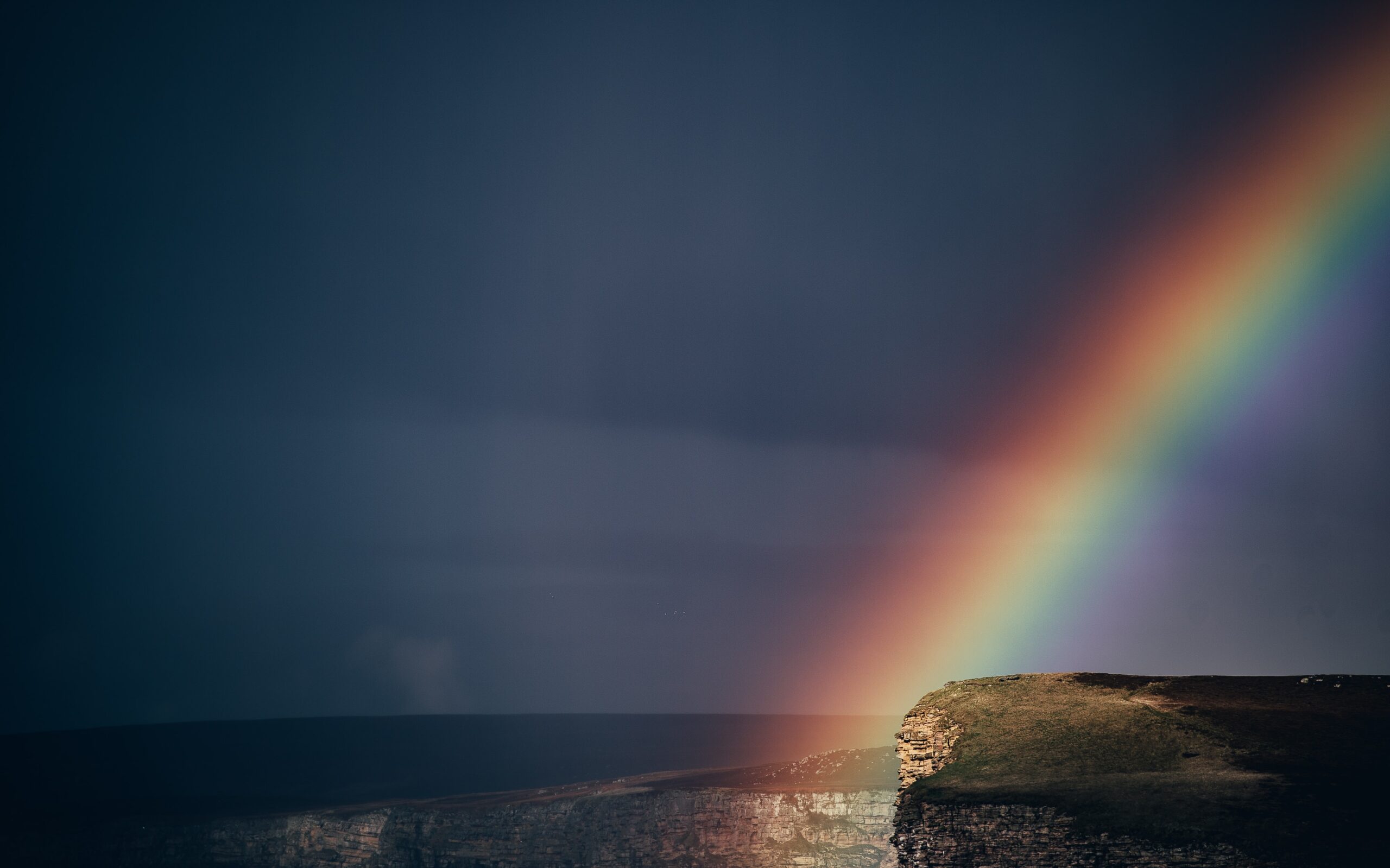
What Does Research Actually Show About Dieting?
There is a lot of research data showing some of the personal outcomes when people diet. The most obvious outcome studied is weight loss. If a group of people reduce their energy intake (calories, or kilojoules) and maybe also increase their energy use (increase activity), what do you think happens to most people’s weight?
You might be surprised by the answer.
This teach sheet is designed to help you think things through in a way that makes it easy to remember the outcome.
Activity Six
Deep Connection
Creating spaciousness when we are learning helps us make sense of things. It helps us make sense in an intellectual meaning of the word sense, and make sense in the body perception meaning of the word sense.
Learning involves sorting through a jumble of new and old ideas, attitudes, story lines and emotions. Allowing time out from thinking, and time in for stillness and connection, supports this. I’ve made a few notes with links to audio and video clips.
Activity Seven
Kindful Eating
Have you learnt any new facts about dieting? Probably not much is my guess. You might not have been aware of what research studies on attempted weight loss showed, and maybe you didn’t realise there was so much fraud in science?!
So what can we do instead?
Here’s some ideas for kindful eating:
Here’s a Kindful Eating teach sheet to open and fill in.
This video steps you through the cycle.
Here’s my filled in version of the Well Now Kindful Eating teach sheet .
Activity Eight
Looking After Yourself, Covid, and Connection
What helps you feel connected? Since the start of lockdown I’ve surprised myself by communing with oaks. It’s been fascinating noticing how much I notice them locally, whereas before I just walked past unawares. And I’m loving watching them change – who knew acorns were so big!
Having more ways of feeling connected can provide comfort and support deep change. Building connection might be something you’d like to explore ~ is there anything you feel drawn to in the human or non-human worlds?
You might like to build connection in another way. For example, focused attention strengthens mind-body connection. Various practices can connect you with tradition or lineage or other people. What are you drawn to? It might be several from dancing, spiritual practice, crafting, being among trees, baking, jigsaws, and a whole lot more.
My friend Emily wrote a list of things she’s found helpful getting through the Covid-fug, shared below as prompts for own ideas ~
- Be outside, in non-human nature, as much as possible.2. Be honest about how you’re doing, especially with the people you love most.
- Have your delicious foods when you can. Nourish yourself.
- Consider counselling or other forms of support if the downs are outweighing the ups.
- Move when you can, rest when you need to.
- Stick on some happy tunes.
- Make something new, be creative, new buttons on a cardigan counts as much as painting a masterpiece.
- Think about what you don’t need, what is bogging you down in life? Can you simplify?
- Write a gratitude journal, noting down something (or a few things) you’re grateful for everyday.
- Learn, laugh! Find something new to learn about or take an online course (so many are low cost or even free). Watch some comedy ~

